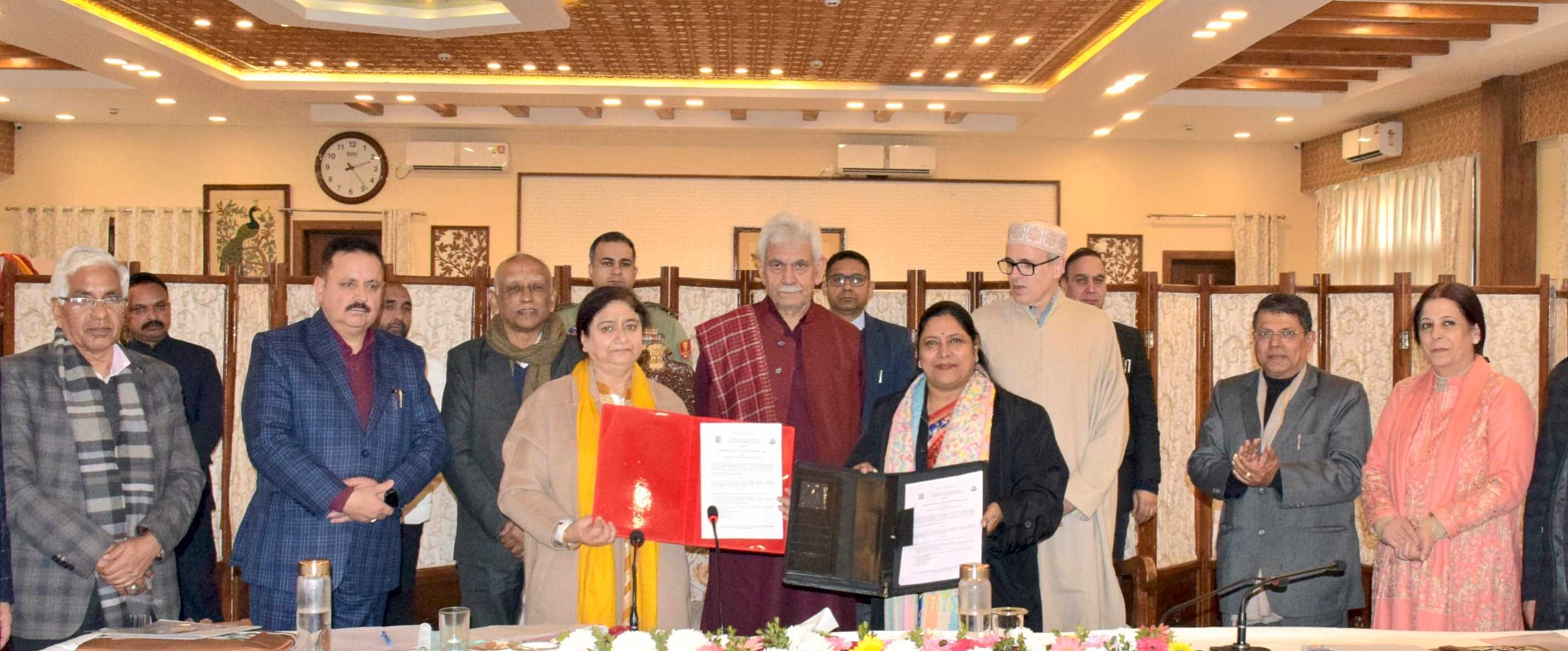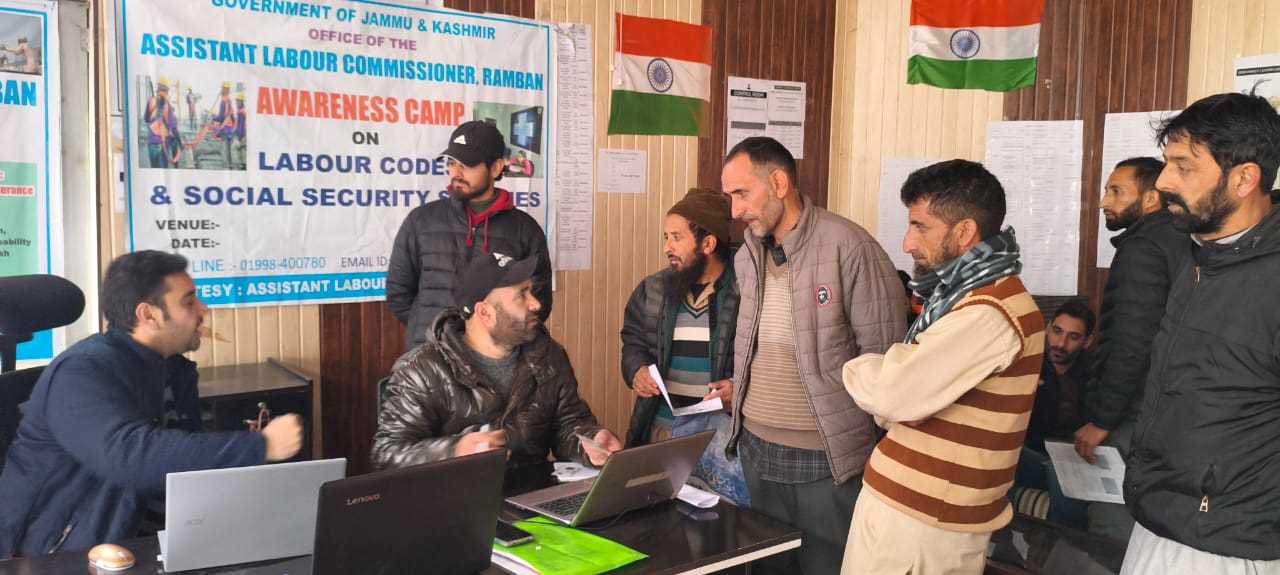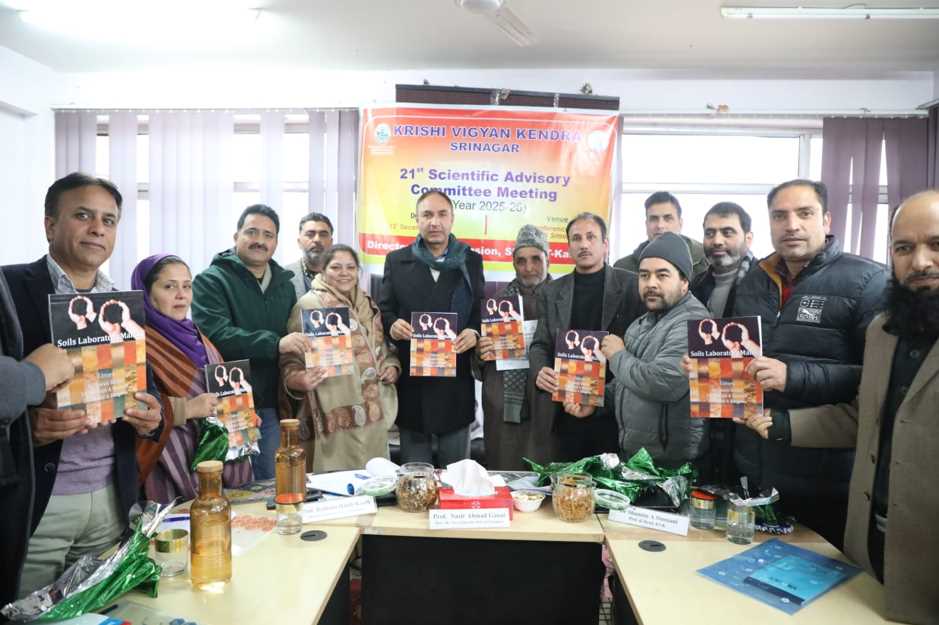
The escalating number of fatalities caused by heart attacks in Kashmir is a grave public health crisis, warranting immediate attention and intervention. This alarming trend is multifaceted, rooted in a blend of lifestyle changes, socio-economic factors, healthcare inadequacies, and regional specificities that collectively exacerbate the situation. Primarily, the transition in lifestyle and dietary habits in Kashmir over recent decades has played a pivotal role. Traditionally, the Kashmiri diet was balanced with a high intake of fruits, vegetables, and whole grains. However, the modern lifestyle has ushered in a preference for processed foods, rich in trans fats, sugars, and sodium. This dietary shift, coupled with a sedentary lifestyle due to urbanization and technology dependence, has led to an increase in obesity, diabetes, and hypertension—key risk factors for heart diseases. Another significant factor is the pervasive stress experienced by the population. Kashmir has been a conflict zone for decades, and the psychological stress associated with continuous socio-political instability cannot be overstated. Chronic stress is a well-documented risk factor for cardiovascular diseases, and in Kashmir, this stress has been compounded due to disruptions to daily life, which further alienate the populace from maintaining a healthy lifestyle. The healthcare infrastructure in Kashmir also significantly lags behind the national average. There is a dearth of specialized cardiologists, inadequate emergency response systems, and insufficient public awareness regarding heart health. Our challenging topography and weather conditions often hinder timely medical intervention, leading to delayed treatment in critical heart attack cases. Furthermore, many rural areas lack basic healthcare facilities, compelling residents to travel long distances to access medical care, which is often too late in emergencies. Environmental factors also contribute to the heart health crisis. The high altitude of many areas in Kashmir can exacerbate heart conditions, particularly for those already suffering from hypertension or other preexisting heart issues. Moreover, the cold climate necessitates increased physical exertion for daily tasks, which can be particularly strenuous for the elderly and those with undiagnosed heart conditions. Addressing this multifaceted issue requires a comprehensive approach. Public health campaigns must emphasize the importance of a balanced diet, regular exercise, and routine health check-ups. The government needs to invest in upgrading healthcare infrastructure, particularly in rural and remote areas, ensuring the availability of advanced medical facilities and specialized personnel. Additionally, mental health support services should be bolstered to help alleviate the chronic stress faced by the population. By fostering a holistic approach that combines lifestyle changes, improved healthcare access, and mental health support, we can mitigate this crisis and improve the overall heart health of the Kashmiris.



The escalating number of fatalities caused by heart attacks in Kashmir is a grave public health crisis, warranting immediate attention and intervention. This alarming trend is multifaceted, rooted in a blend of lifestyle changes, socio-economic factors, healthcare inadequacies, and regional specificities that collectively exacerbate the situation. Primarily, the transition in lifestyle and dietary habits in Kashmir over recent decades has played a pivotal role. Traditionally, the Kashmiri diet was balanced with a high intake of fruits, vegetables, and whole grains. However, the modern lifestyle has ushered in a preference for processed foods, rich in trans fats, sugars, and sodium. This dietary shift, coupled with a sedentary lifestyle due to urbanization and technology dependence, has led to an increase in obesity, diabetes, and hypertension—key risk factors for heart diseases. Another significant factor is the pervasive stress experienced by the population. Kashmir has been a conflict zone for decades, and the psychological stress associated with continuous socio-political instability cannot be overstated. Chronic stress is a well-documented risk factor for cardiovascular diseases, and in Kashmir, this stress has been compounded due to disruptions to daily life, which further alienate the populace from maintaining a healthy lifestyle. The healthcare infrastructure in Kashmir also significantly lags behind the national average. There is a dearth of specialized cardiologists, inadequate emergency response systems, and insufficient public awareness regarding heart health. Our challenging topography and weather conditions often hinder timely medical intervention, leading to delayed treatment in critical heart attack cases. Furthermore, many rural areas lack basic healthcare facilities, compelling residents to travel long distances to access medical care, which is often too late in emergencies. Environmental factors also contribute to the heart health crisis. The high altitude of many areas in Kashmir can exacerbate heart conditions, particularly for those already suffering from hypertension or other preexisting heart issues. Moreover, the cold climate necessitates increased physical exertion for daily tasks, which can be particularly strenuous for the elderly and those with undiagnosed heart conditions. Addressing this multifaceted issue requires a comprehensive approach. Public health campaigns must emphasize the importance of a balanced diet, regular exercise, and routine health check-ups. The government needs to invest in upgrading healthcare infrastructure, particularly in rural and remote areas, ensuring the availability of advanced medical facilities and specialized personnel. Additionally, mental health support services should be bolstered to help alleviate the chronic stress faced by the population. By fostering a holistic approach that combines lifestyle changes, improved healthcare access, and mental health support, we can mitigate this crisis and improve the overall heart health of the Kashmiris.
© Copyright 2023 brighterkashmir.com All Rights Reserved. Quantum Technologies